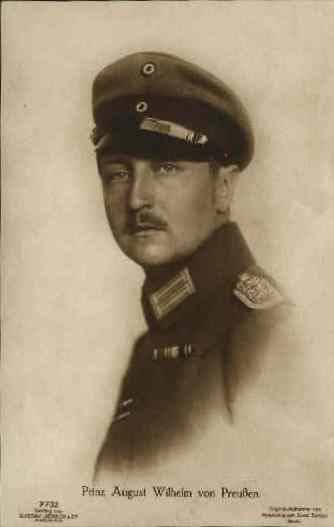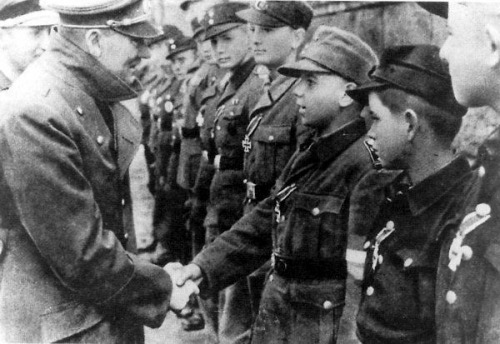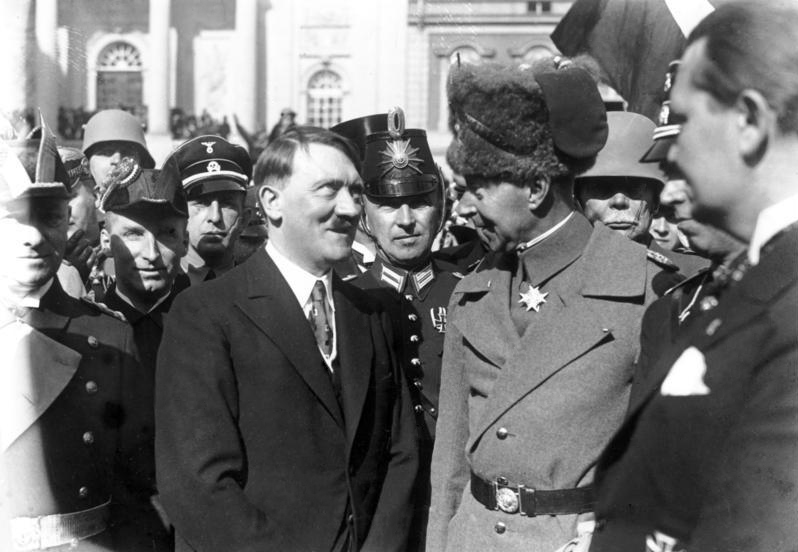Who? Me?
Nah, in reality I don't know how to take screenshots in DH, so I don't. The fact that doing it this way is easier is just icing on the cupcake.
Press F11, and the screenshots appear in the DH folder. To know if you've successfully taken a screen, watch the flag over a unit. If it stops waving for an instant, one was taken.











